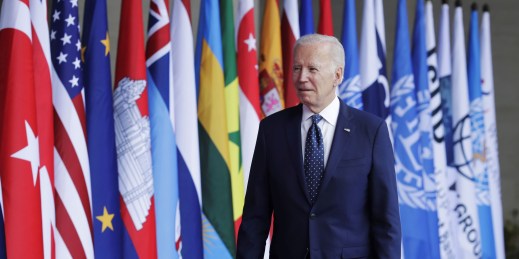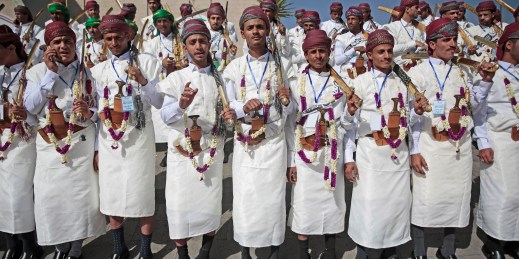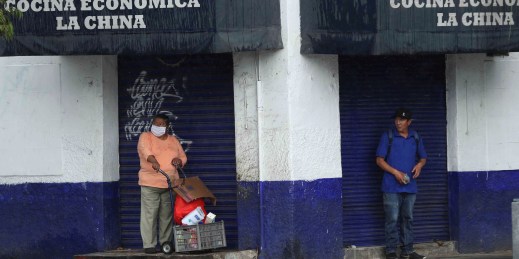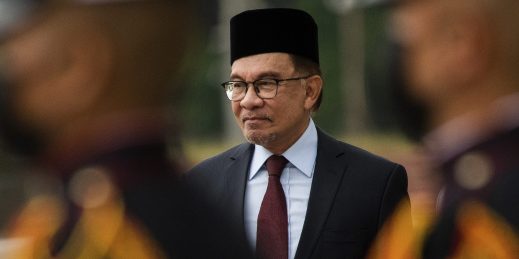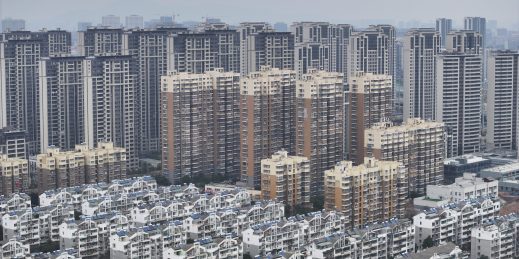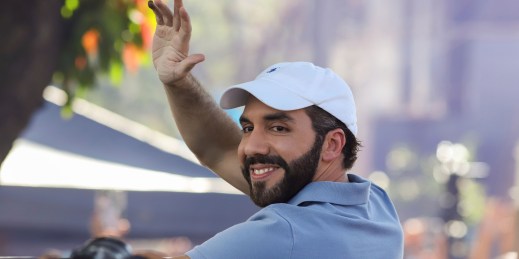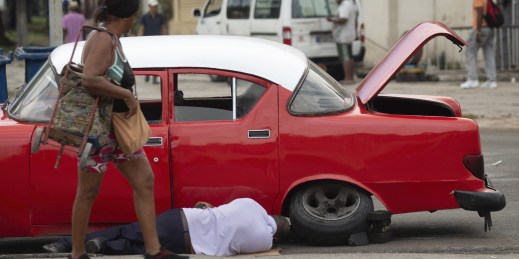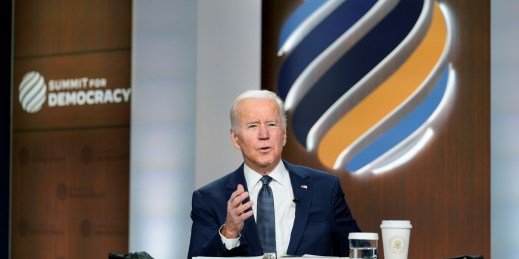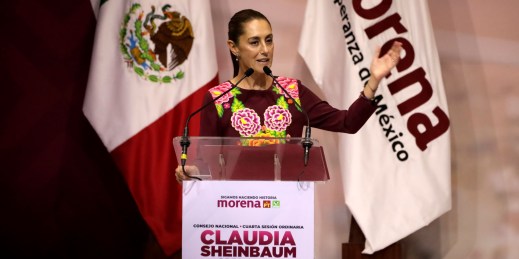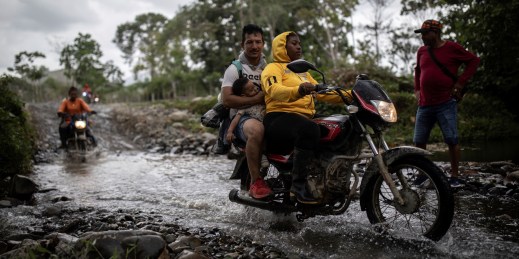
There is no silver bullet for solving the humanitarian challenge on display in the Darien Gap, which thousands of migrants pass through daily. But any solution must involve creating sustainable economic opportunities for residents of border towns, so they are not drawn into the lucrative business of human smuggling.

